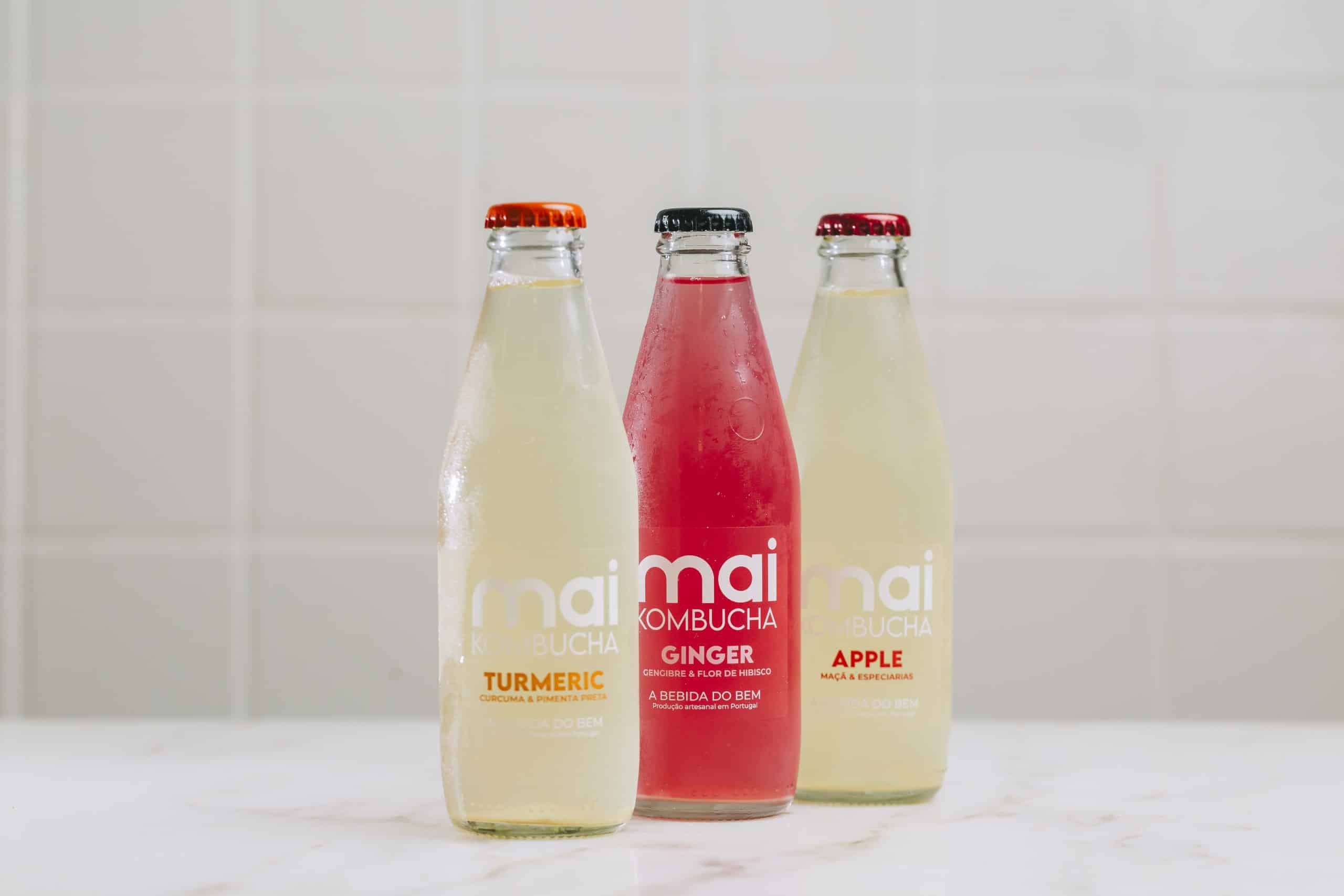You may have heard of it. It is carbonated and has a bittersweet taste, similar to cider. Many people love it. And others, not so much. Ultimately, what is all this fuss about kombucha? Is it really worth trying?
Believe it or not, kombucha dates back to before the era of Jesus Christ. It was the Chinese who gave the unusual recipe to the world. It is a probiotic drink produced by fermenting sweetened tea with a symbiosis of bacteria and yeast, called SCOBY – Symbiotic Colony of Bacteria and Yeast (relax, these are good bacteria). When the SCOBY is added, the temperature of the tea should not be higher than 20ºC. The fermentation time can vary from 3 to 60 days, depending on the type of flavour you want.
The presence of probiotics, B-complex vitamins (B1, B2, B6 and B12) and vitamin C make kombucha a powerful ally of our health and well-being – not forgetting catechins and flavonoids, two antioxidants present in black and green teas. Kombucha averts hunger between meals. After meals, it aids digestion. It prevents fluid retention. It has detoxifying and antioxidant properties, energising powers and contributes to a boost in immunity. Its bioactive substances help reduce serum cholesterol and blood pressure. Also, as if all this were not enough, it contributes to a more optimistic state of mind.
Haven’t you ever had the opportunity to try this vegan drink? You can find four varieties of kombucha at A Padaria Portuguesa, provided by the Portuguese Koji Kombucha brand.

